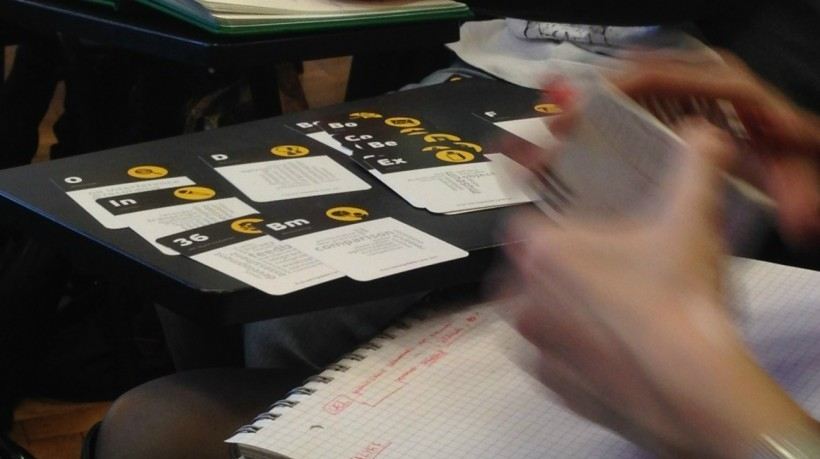April 11, 2016
Using The Waterfall Model In Instructional Design: A Guide For eLearning Professionals
Are you looking for a Project Management approach that focuses on in depth analysis and detailed planning to facilitate your Instructional Design process? If so, then the Waterfall approach might be just what you need. In this article, I'll share 4 benefits of the Waterfall approach in Instructional Design, and I'll highlight each of the 6 steps involved.
by Christopher Pappas











